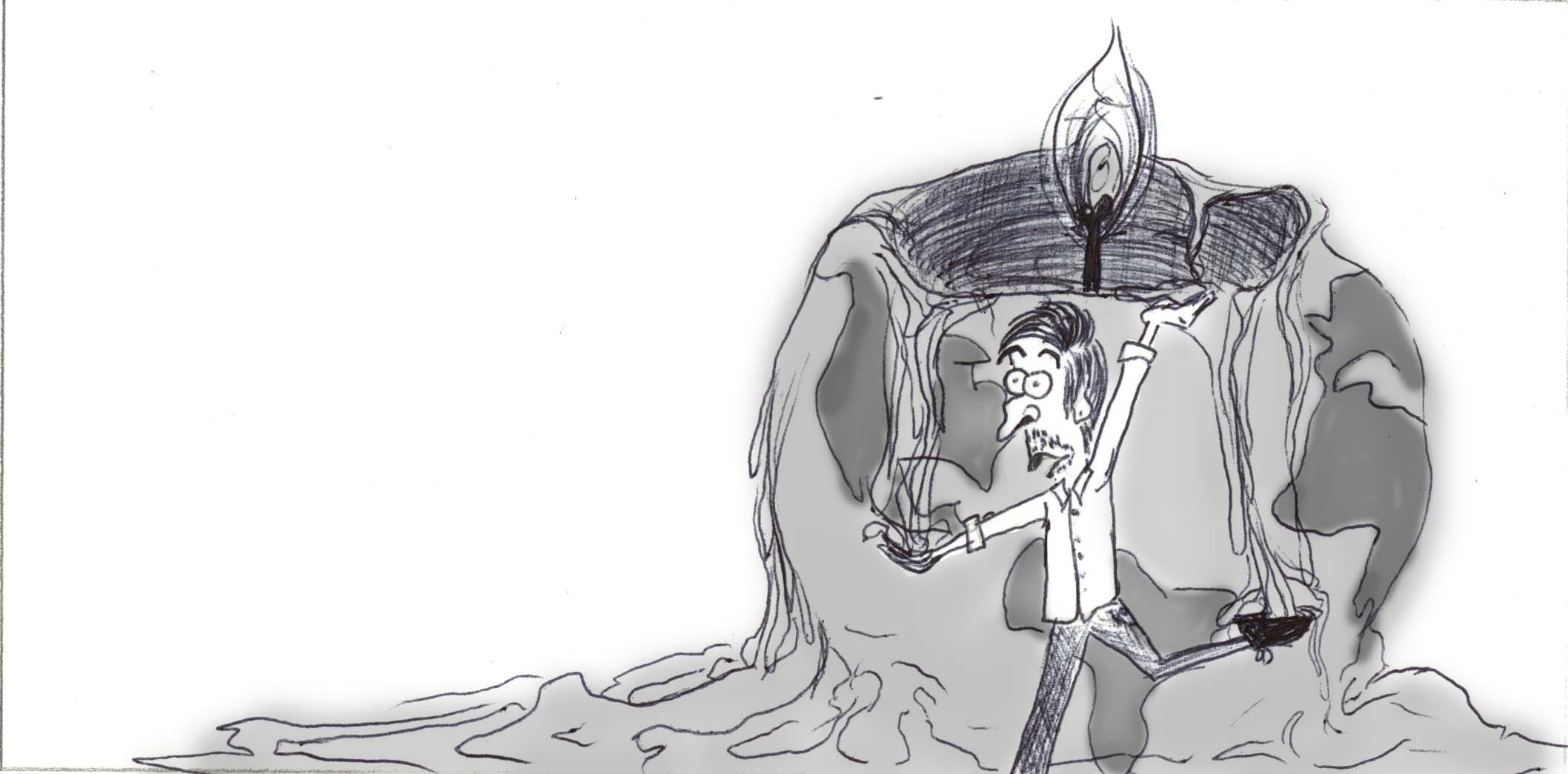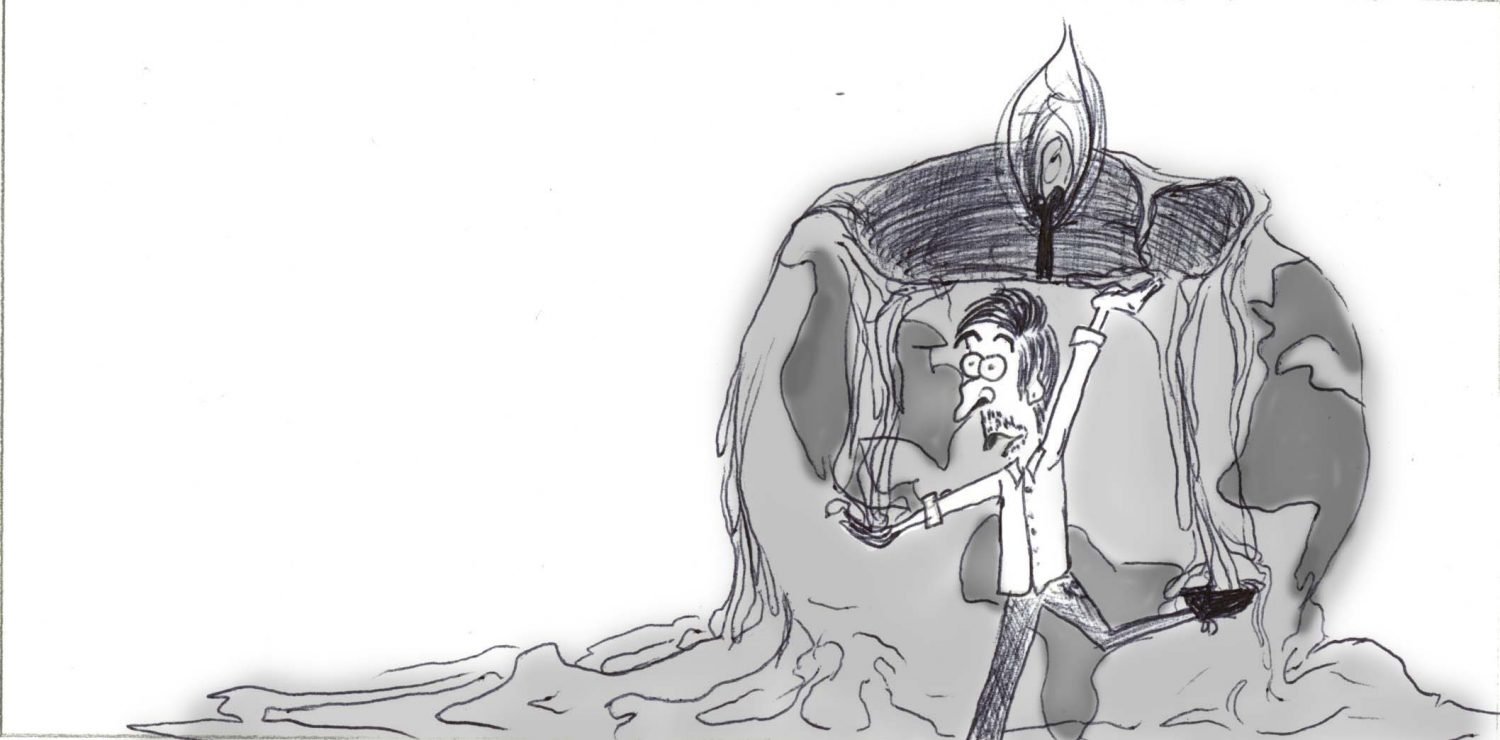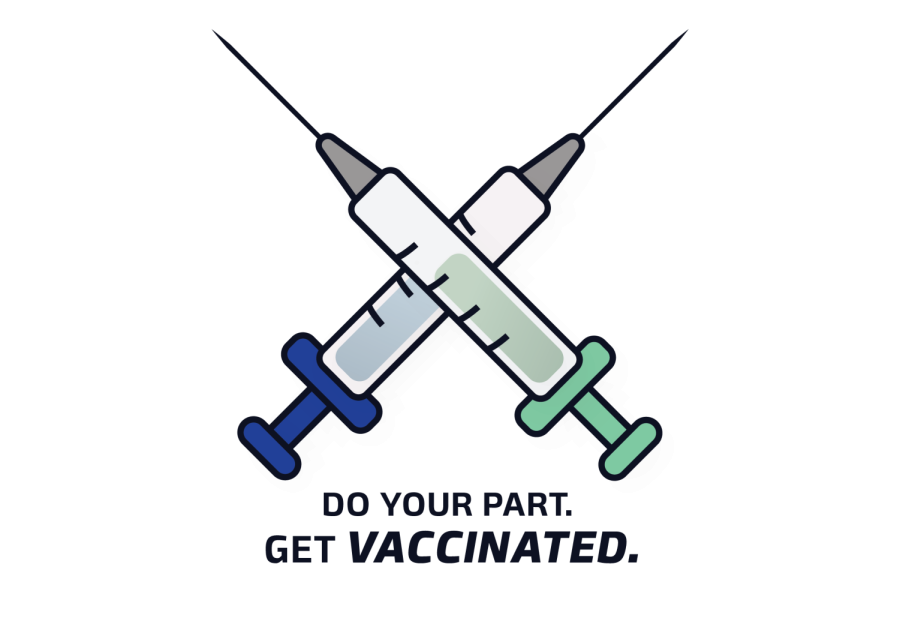
On Feb. 11, the House of Representatives voted 270-152 in favor of a bill to authorize the building the Keystone XL pipeline, a bill which passed in the Senate in January. The bill was then sent to President Obama, who vetoed it on Feb. 24.
In this bill, both houses of Congress acknowledged the reality of climate change; however, the condition in the bill that would have recognized human activity as culpable of exacerbating climate change was voted down in Senate before even reaching the House.
Even with a formal non-recognition of human culpability in climate change, for many this bill could be seen as a welcome departure for many Republicans in Congress who had previously denied the existence of climate change.
These stragglers to the scientific certainty of climate change encouraged us to have our own poll about who believes in climate change that has been partly a result of human activity. The good news? We’re better than Congress; the entire editorial board believes in human-influenced climate change. The less good news? We do not have much idea of what to do about it.
So we decided we would talk more about the Keystone XL pipeline and climate change more generally to hopefully inform our opinions and push us towards more action.
First, we discussed the ways in which acknowledging, and then acting on, climate change is increasingly difficult, despite its necessity. We first talked about how traditional media sources often paint this debate in an equal manner: one scientist versus a person as adamantly disbelieving of climate change as of the rock he or she lives under. Equality in this debate is a complete fabrication.
On “Last Week Tonight with John Oliver,” the host notes that a survey of scientific papers on climate showed that 97 percent of scientists believed that humans have caused climate change. He illustrates this point by hosting a “statistically representative climate change debate,” which pitted three climate change deniers against 97 scientists.
Even if one gets to the point that humans have caused climate change, which we all have, there is still the question about what to do to correct it. The difficulty arises because people are now delving into political and economic issues rather than purely factual ones.
Often, the U.S. blames developing countries for their extensive use of coal to fuel their own emerging industrialization. While it is important that countries who are using more clean energy to advocate others to do so, we deemed it a little hypocritical for the U.S. to tell countries they can’t do something when the U.S. was doing those same things fewer than 100 years ago.
Some have heard about Peabody Energy blocking ballot initiatives for state tax incentives through Mayor Slay’s office. Other editors pointed to Elon Musk, the CEO of Tesla Motors, who released his patent on his electric car, a tactic that other car manufacturers are not pleased about. However, the vast majority have not heard about many of these examples. The political knowledge, and the subsequent will to change the status quo, simply do not exist in many places at this point.
The other difficulty is a little bit of laziness regarding personal consumption of resources. One editor shared a story about how nobody wants to use public transportation despite supporting initiatives promoting public transportation.
Acknowledging human-induced climate change should be easy. What is more difficult are the next steps. At the moment, it seems most of us are more willing to talk about the problems than seriously do anything about it. What will change that
calculus?













